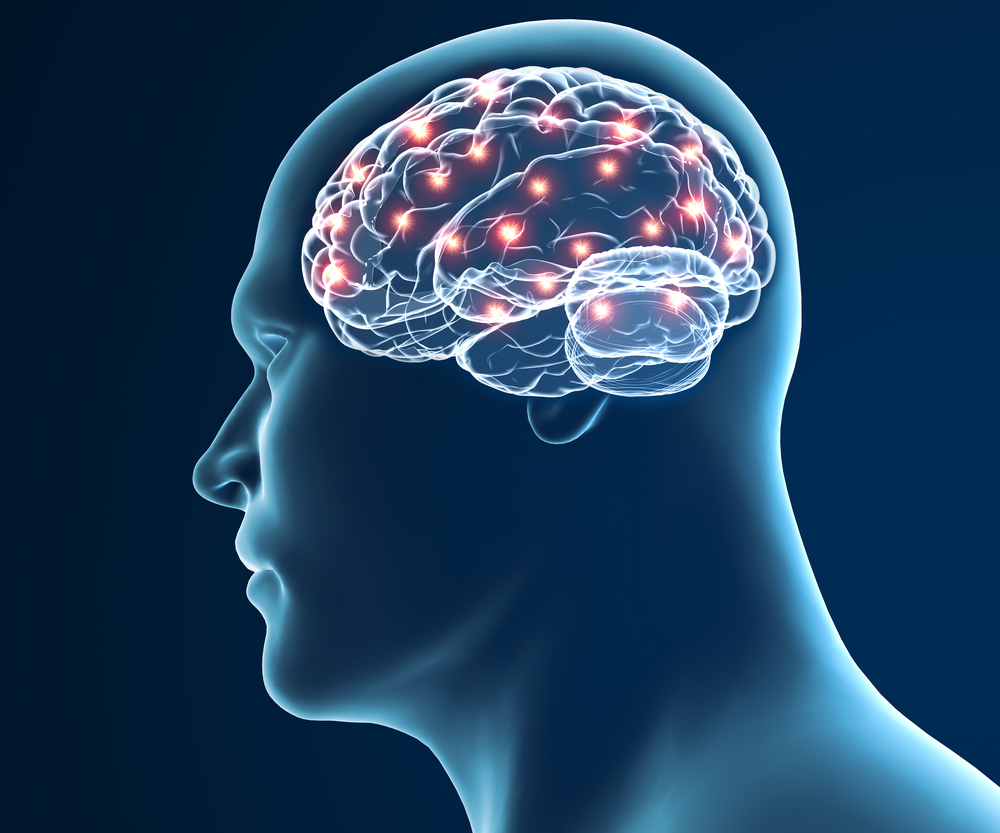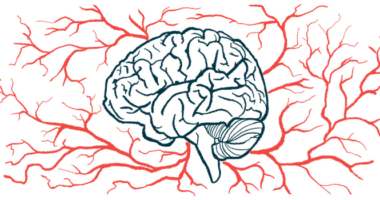Cognitive Function May Be Affected in Adults with Sickle Cell Disease, Study Suggests

Adults with sickle cell disease score worse than their healthy, unaffected siblings on cognitive tests, despite treatment with hydroxyurea, a study reports.
The study “Neurocognitive functioning in symptomatic adults with sickle cell disease: A description and comparison with unaffected siblings” was published in the journal Neuropsychological Rehabilitation.
Children and adults with sickle cell disease (SCD) often experience a shortage in blood supply, and strokes, that can severely affect their brain and lead to neurological impairments. Researchers believe the long-term consequences of these deficits in childhood are likely to have an impact on patients’ lives as adults. But neurocognitive functioning in adults with sickle cell disease remains poorly investigated.
To learn more, researchers evaluated specific cognitive parameters in symptomatic adults with SCD and compared the outcomes to their healthy siblings.
They analysed a total of 30 SCD patients and unaffected siblings enrolled in a Phase 1/2 clinical trial (NCT00061568) that is evaluating a protocol of bone marrow transplant. Participants were analyzed for cognitive functions prior to the transplant or prior to cell donation. The mean age of the SCD patients was 32.5, and the healthy siblings 32.1.
Researchers evaluated nonverbal skills and processing speed using the Wechsler Adult Intelligence Scale, one of the most widely used intelligence tests for both children and adults. Other cognitive skills tests assessed working memory — a crucial type of memory that provides temporary storage for complex cognitive tasks such as language comprehension, learning, and reasoning — and executive function, specifically their score on the Number Letter Switching task of the the Delis-Kaplan Executive Function System (DKEFS).
Participants also were evaluated using routine lab tests, and researchers included patient-reported outcomes on executive skills at home.
Cognitive tests showed that both patients and siblings were within average results, and their age was not affecting scores. However, the processing speed of SCD patients (91.0) was significantly lower than that of matched siblings (100.6).
“Processing speed is an area of relative weakness compared to healthy siblings, which suggests that slowed processing is a result of SCD, although the precise mechanism remains unclear,” the researchers said.
Participants with sickle cell disease also had impaired executive function. The results showed the SCD patients had difficulties in their ability to inhibit impulses, initiate new tasks, remember newly presented information, plan and organize their thoughts and behaviors, and organize materials in order to complete a task. They also had difficulty controlling their emotions. These impairments on executive functioning seemed to be linked, at least in part, to depression, the researchers said.
Lab tests showed that SCD patients with lower levels of hemoglobin and low creatinine levels (a sign of better kidney function) correlated with better cognitive scores on certain tests and patient-reported outcomes.
These findings suggest that sickle cell disease affects neurocognitive functions in adult patients, the investigators said.
“Recognition of patients’ clinically significant cognitive difficulties and effective implementation of the strategies outlined above by the patient and family members in cooperation with the multidisciplinary treatment team will likely improve overall care and quality of life in the SCD population,” they concluded.






